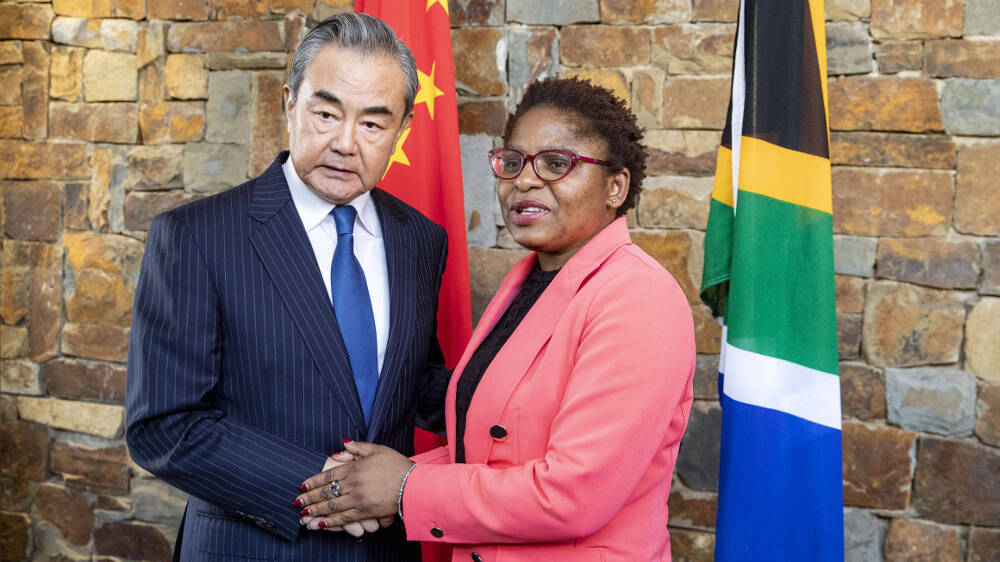The BRICS at a Crossroads
The beginning of a new bloc for the Global South, or the end of a tenuous marriage of convenience?

This August, the annual meeting of the BRICS countries (Brazil, Russia, India, China and South Africa) takes place in Johannesburg. Since the first meeting (without South Africa, which only became a member in 2010), the alliance has yet to develop into a relevant geopolitical bloc beyond a mere dialogue forum, mainly due to varying and sometimes divergent strategic orientations among its members. That said, the alliance of states has received renewed attention since the Russian war of aggression against Ukraine began.
The summit will be marked by the BRICS’ search for more geopolitical weight. Both the expansion of the alliance as well as further potential institutional expansions are on the agenda. The list of countries that have expressed interest in membership has grown longer in recent months. Moreover, new dynamics can be seen in the debate over the prevailing architecture of international financial institutions. The sanctions against Russia and the country’s exclusion from the SWIFT system have once again highlighted the vulnerability of many states in the context of US dollar hegemony. Accordingly, possible concepts for a BRICS currency will also be discussed at the summit.
Vladimir Putin will only participate virtually, as he would — theoretically— have to be arrested given the arrest warrant issued by the International Criminal Court. Yet this will defuse the situation only a little bit for South African President Cyril Ramaphosa, who only managed to persuade Indian President Narenda Modi to attend at the last minute.
As it stands, there are no signs of a coherent bloc emerging. Political processes in the Global South have become more dynamic. Differences between the BRICS countries persist in pivotal policy questions, such as climate, human rights and freedoms, or in the increasing tensions between China and India. The BRICS are also not a united bloc in this respect, as civil society actors from across the Global South have adopted critical stances towards authoritarian creep and aggressive capitalist landgrabbing, both literal and metaphorical. Nevertheless, some states in the Global South are explicitly looking for alternative alliances that consistently adhere to the principle of non-interference and can represent a bulwark against possible negative developments in the global financial structure.
As the summit gets underway, our dossier highlights the geopolitical dynamics within the BRICS alliance with a special focus on this year’s host, South Africa, whose foreign policy is faltering in the wake of escalating geopolitical tensions.